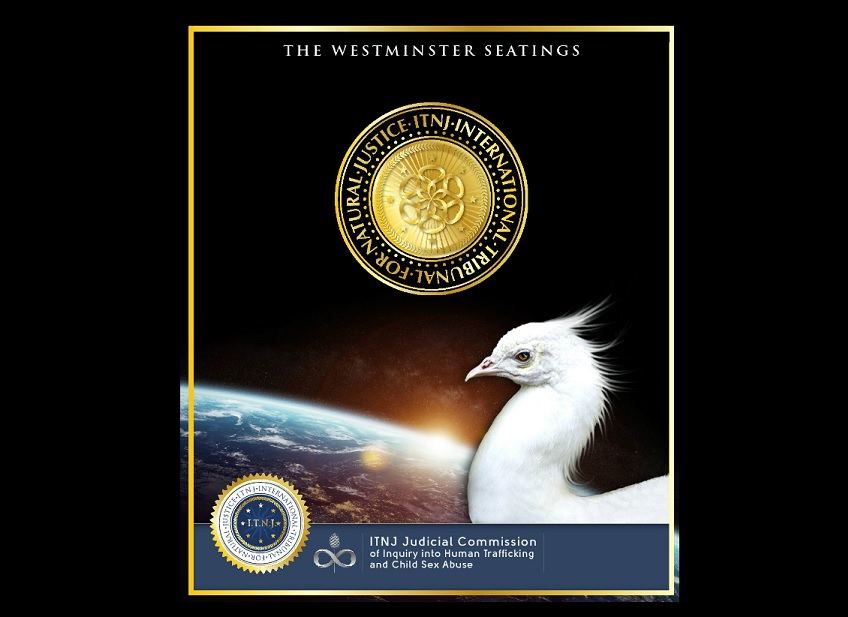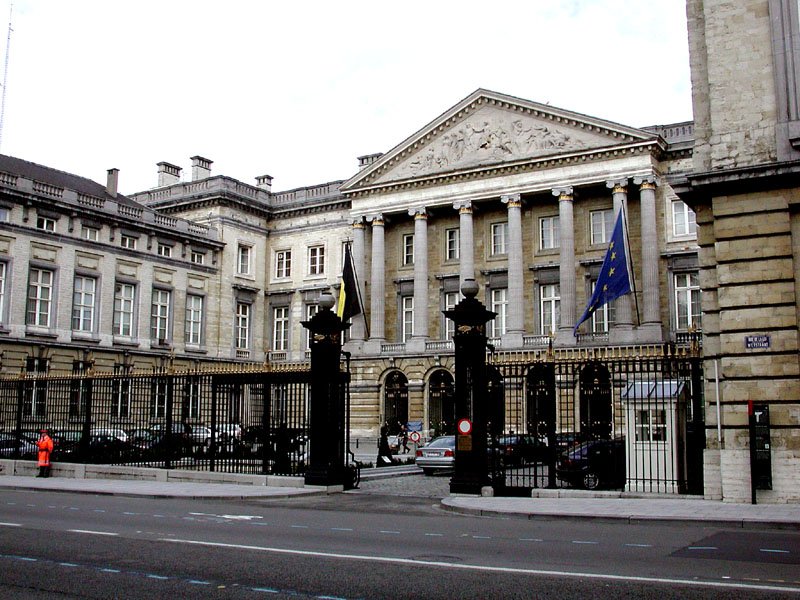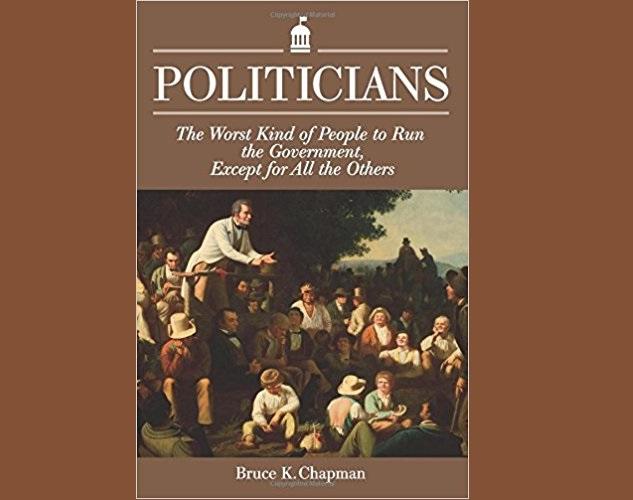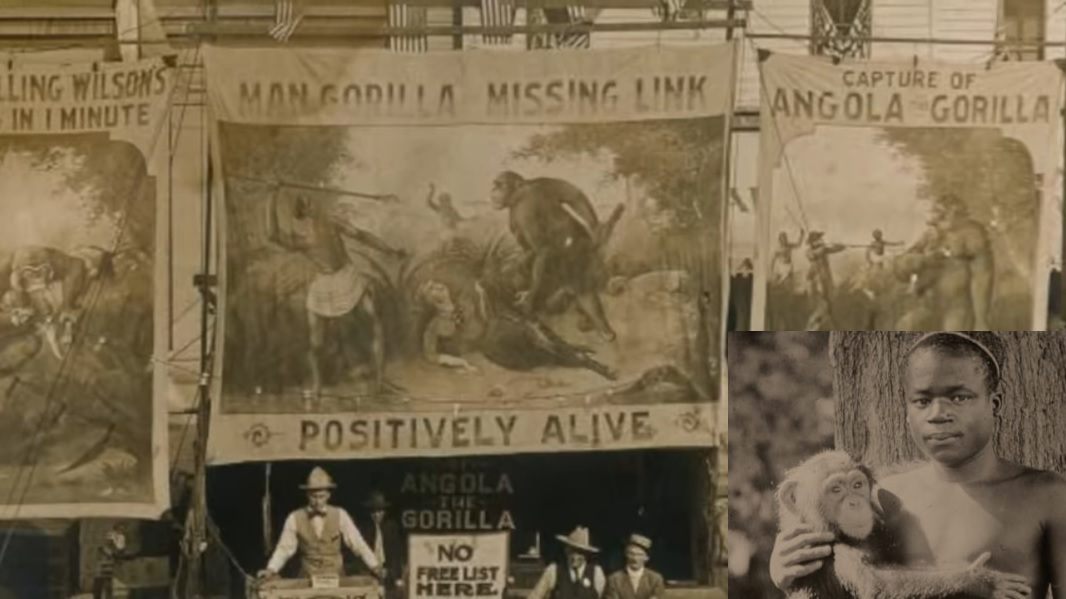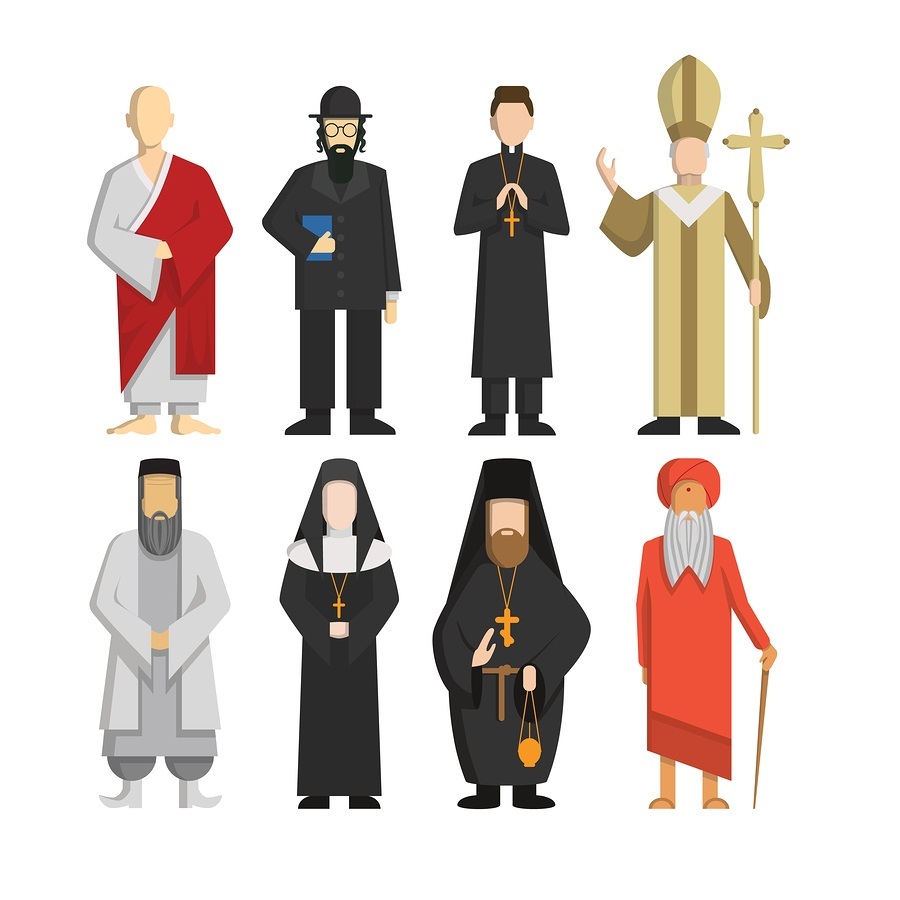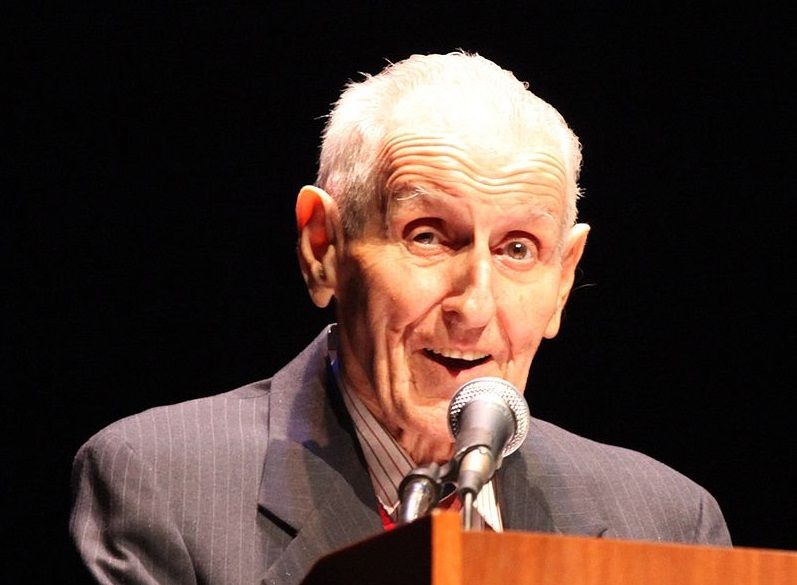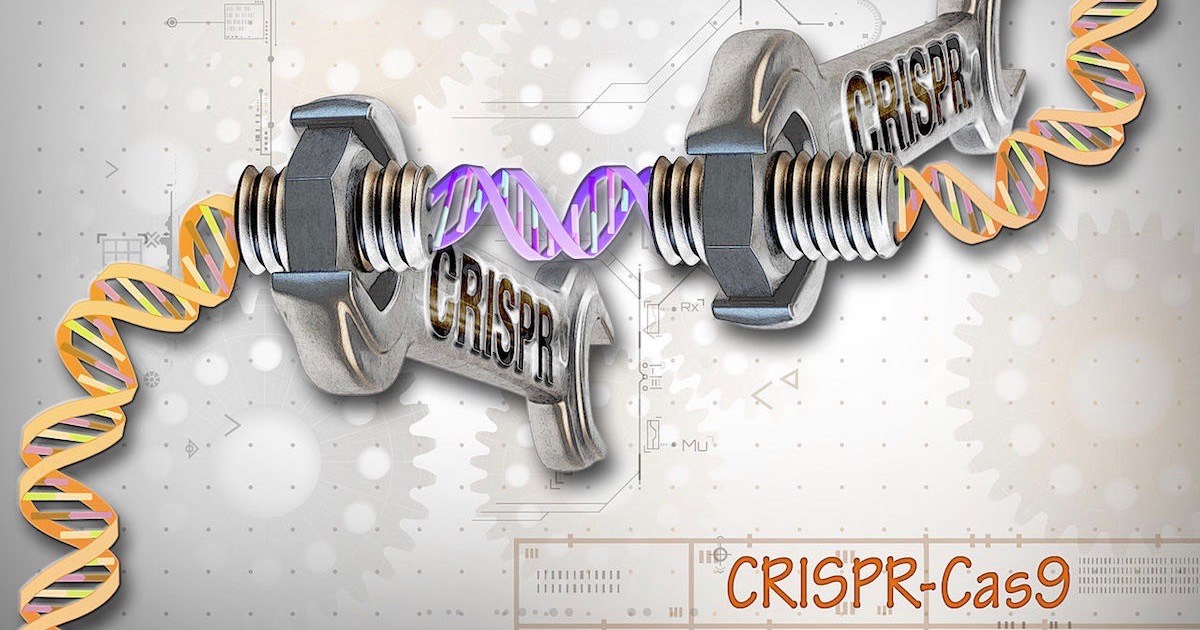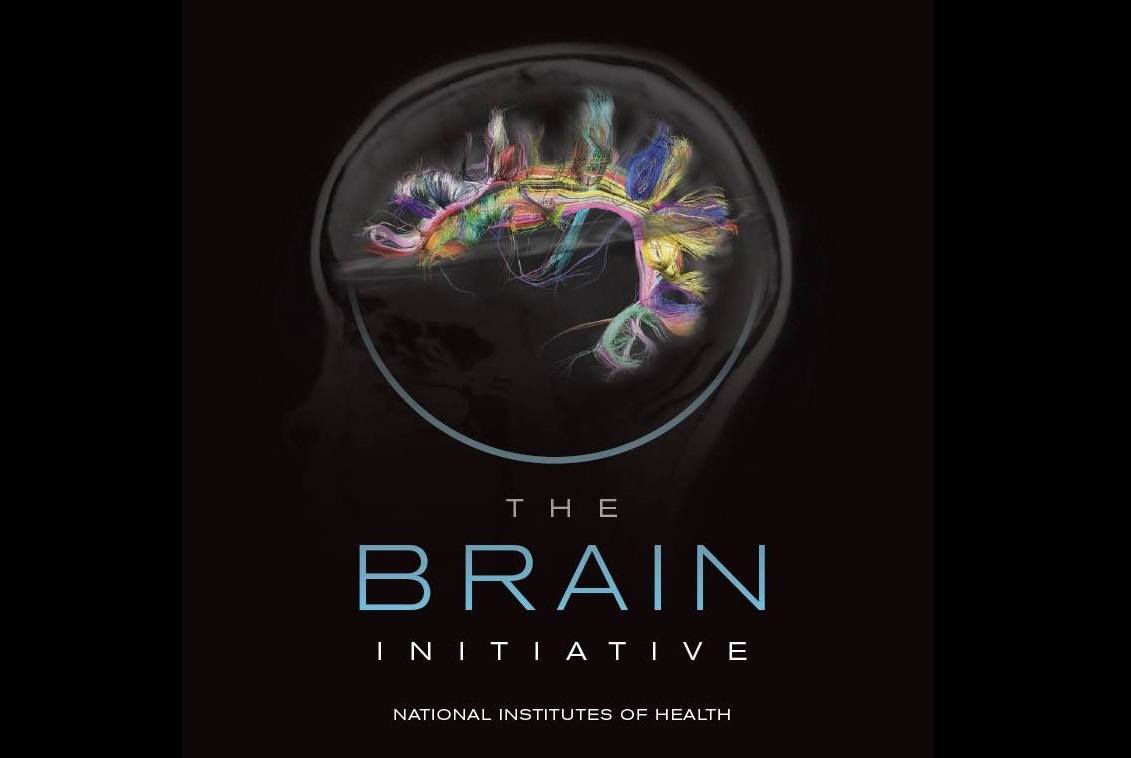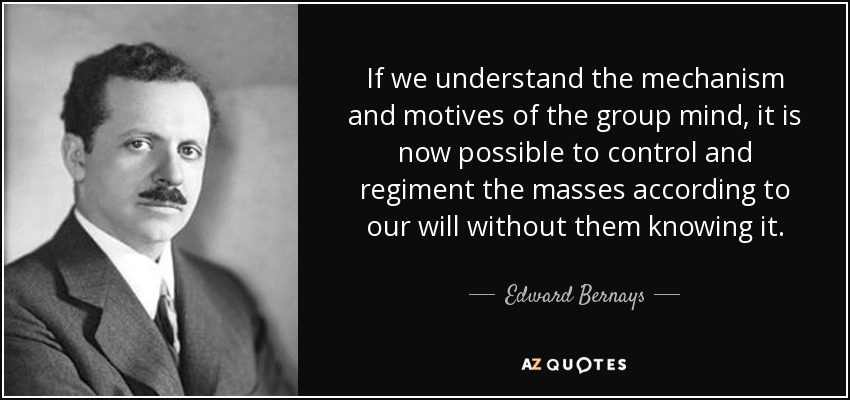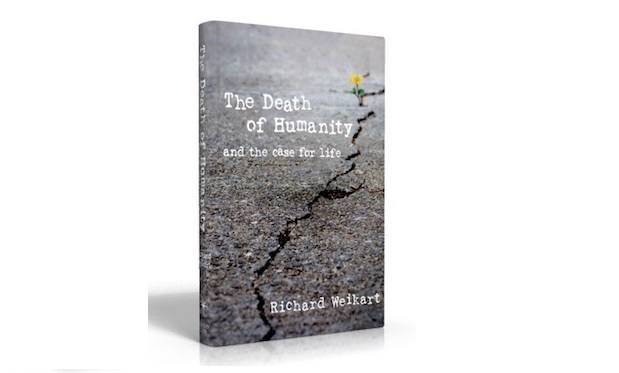The spiritual side of health from a solid foundation of creation teaching.
800K Children in the U.S. Missing Each Year – International Tribunal Exposes Pedophilia Problem – Victims Testify of Child Sex Trafficking and Satanic Ritual Abuse
800,000 children a year in the United States go missing, many of them being sexually trafficked through pedophilia networks where the children suffer unimaginable horrors such as Satanic ritual abuse. This number is comprised of documented cases of children gone missing, and does not include children who are born and bred into pedophilia networks and have no birth certificates, or undocumented immigrant children who come across the borders. Worldwide, the number is close to 8 million children missing and being sexually trafficked. Such is the scope of the problem that was reported earlier this year (2018) in Westminster, London by The International Tribunal for Natural Justice (ITNJ), as the court convened over a 3-day period to launch their Judicial Commission of Inquiry into Human Trafficking and Child Sex Abuse. The Judicial Commission is comprised of world leaders who have been involved in fighting child sex trafficking for years, and includes intelligence officers, politicians, legal scholars, and many others. The International Tribunal was formed because most of the world's government bodies today have been corrupted and no longer represent the people, but instead private corporate interests, and as such, justice is seldom found in most government judicial courts around the world today to stop such a heinous crime as child sex trafficking.
Fake News vs. Faith News: How Biblical Principles Can Expose the Truth through Investigative Journalism
Journalists, particularly those who do investigative reporting, tend to annoy people in powerful positions. Some people might think that Christians are supposed to be soft and acquiescent rather than muckrakers who hold the powerful to account. But what I do as an investigative reporter is consistent with what the Bible teaches. The mission statement of ProPublica, my employer, says we want to use the “moral force of investigative journalism to spur reform.” If you go through my work, you may sense a bit of “moral force.” The Bible teaches that people are made in the image of God and that each human life holds incredible value. So when I learned that medical mistakes are one of the leading causes of death in America, I called attention to the problem. The Apostle Paul points out that God comforts us so that we can be a comfort to others. So since 2012 I’ve moderated the ProPublica Patient Safety Facebook group, so people who have been harmed by medical care have a place to turn. The Bible rebukes deception and unfair practices. I’ve shown how our nation’s health care system is rife with schemes that are unfair to patients. The biblical mandate is to tell the truth. But some conservative Christians don’t seem to understand that. I started out in the Christian media and had run-ins with editors because of my interest in reporting about Christian leaders, even if it made them look bad. Administrators recently censored student journalists at Liberty University, a conservative Christian institution, for, in their view, making the school look bad. But God calls us to publish the truth, not propaganda. The biblical prophets were the moral conscience of God’s people. Today, in a nonreligious sense, journalists are the moral conscience of the wider culture.
Medicalized Homicide: Euthanasia’s Moral Abyss
Belgium legalized lethal-jab euthanasia in 2002. Since that time, medicalized homicide has grown increasingly radical. Now, MercatorNet has published a story based on a translation of the “Belgium Federal Commission on the Control and Evaluation of Euthanasia” — the nation’s official report on patient-killing by doctors. It makes for very chilling reading.
Child Murder or “Euthanasia”? Belgium Legalizes Physician-Assisted Suicide for All Ages – 3 Minor Children Die
A report published earlier this month (July, 2018) by Belgium's Federal Commission for Euthanasia Control and Evaluation states that doctors assisted with the "suicides" of three minor children since the country's parliament voted to lift age restrictions on euthanasia. The minors were 9, 11 and 17 years old, according to the report. Their conditions ranged from muscular dystrophy to brain tumors to cystic fibrosis. The conditions of all three were determined to be terminal, and euthanasia was approved unanimously by the Belgium's euthanasia committee. In 2017, a doctor resigned from Belgium's euthanasia commission, alleging that the committee had euthanized a demented patient who had not formally requested to die. This begs the question, can a minor child, especially a handicapped one, be expected to make such an important decision as to end one's own life? Or are these "physician-assisted" suicides simply a way to murder children who are deemed not useful to society?
A Young Child’s Intuitive Belief in a Creator/Designer is Only Removed by Indoctrination
Young children perceive intuitively that the world is designed. In 1929, child psychologist Jean Piaget called children “artificialists” who tend to regard everything as “the product of human creation.” Piaget’s claim that young children’s minds are not sophisticated enough to distinguish between human and nonhuman causes was controversial, and subsequent studies have shown that he was wrong. Yet he was right in saying that children start out with the intuition that the natural world was made for a purpose. In 2004, child psychologist Deborah Kelemen suggested that young children are thus “intuitive theists” who are “disposed to view natural phenomena as resulting from nonhuman design.” By the time they are adolescents, many children have suppressed their intuition of design. This suppression is largely due to influences from the community, especially from parents and teachers striving to acculturate children to a secular society, often in the name of “scientific literacy.” “Intervention” usually refers to an action taken to help someone give up an abnormal addiction. For these psychologists, however, it means convincing children to give up a normal intuition. Thus education becomes indoctrination.
Were Nazis More Tolerant of Down Syndrome than Some European Countries Today?
Richard Dawkins lashed out at Pope Francis for the latter’s comparing modern eugenic efforts to Nazi precedents that sought to “create a pure race.” Dawkins fumed, “Abortion to avoid birth defects is not about eugenics. It’s about the avoidance of individual human suffering.” The Daily Wire observes: As noted by LifeNews, the “human suffering” that Dawkins refers to here is disingenuous, considering that many parents of Down children report loving their children and having much joy in their family. Dawkins advised such families to just “Abort it and try again” in 2014 when one Twitter follower asked what to do about her Down syndrome diagnosed baby. “It would be immoral to bring it into the world if you have the choice,” he said. The atheist lamenting about what’s “immoral” makes little sense. In Denmark, only four Down syndrome babies were born in 2016. In the neighboring country of Iceland, the eradication of Down syndrome babies has reached near 100%. France has gotten in on the race, too; most recently, the country banned a television commercial featuring Down syndrome children because it upset the mothers who previously aborted them.
Politicians: The Worst Kind of People to Run the Government
In the new political science that developed in the Progressive Era, study of what constitutes wise opinion was dropped. The new political scientist was to abandon the supposedly played out mines of political theory. Progress, you would have thought as an intellectual in that period, must proceed on “scientific” principles. Max Weber’s “fact/value” distinction meant that facts alone could be submitted to scientific inquiry, while issues of right and wrong (“values”) could be examined only from outside their own assumptions. Here, then, is partly where we get our present day intellectual prejudice against crediting what politicians say they are doing and our constant suspicion that the real truth must be something else. It arose in Germany as an element of the “science of the state” (Statswissenschaft) and the “general theory of the state” (Allgemeine Staatslehere). And it fit well with the new science of politics, Politische Wissenschaft. With the new method, known states were compared historically, with perfection of the state as the goal. In the latter half of the 19th century, these ideas entered the United States in the heads of young Americans who, lacking domestic graduate schools in public law, embarked on studies in Germany. In time the concept of eugenics gained force in the Second Reich — decades before the Nazis employed it. When, in 1904, the German Empire exterminated almost the whole race of native Hereros in German Southwest Africa, it was publicly justified in terms of Darwinism. There were few protests. A generation earlier, the first American convert to Teutonic ideas of political science and the founder of its U.S. version was John W. Burgess. Dazzled by what he found in Germany, Burgess, back home, proclaimed the ultimate end of the state to be “the perfection of humanity; the civilization of the world; the perfect development of human reason, and its attainment to universal command over individualism; the apotheosis of man.” German-trained instructors, helped shape the America field of political science over the next generation. From political science at Johns Hopkins, meanwhile, came a number of historicist scholars, including Woodrow Wilson. We can chart the Progressive Era from the 1880s because of the work of Wilson. In America today, Darwinism’s triumph in something called “political science” continues to batter at the philosophical foundations of republican government.
New Documentary “Human Zoos” Shows How African People Were Brought to the U.S. and Displayed in Cages as Less Than Human
When one thinks of the concept of "eugenics" most people think back to the atrocities of Nazi Germany and the genocide of ethnic cleansing during the Hitler regime. What most Americans do not realize is that the "scientific" field of study known as "eugenics" originated in the United States, being inspired by Darwinian evolution, and is responsible for terrible social and racial injustices here in the U.S. before Hitler's atrocities that occurred during WWII. And the "scientific" field of eugenics is still alive and well today, even though the term "eugenics" is no longer popular. Part of America's dark eugenics past is the story of how indigenous African people were kidnapped from their villages in the early 1900s and brought to America as "freaks," displayed as "missing links" to Darwin's theory of human evolution, and displayed to the public in cages at Public Fairs and Zoos. The Discovery Institute has produced a new documentary about this dark period of America's past called "Human Zoos." Here is a synopsis: "In September 1906, nearly a quarter of a million people flocked to the Bronx Zoo in New York City. Many came for a startling new exhibit in the Zoo’s Monkey House. But it wasn’t a monkey they came to see. It was a man. His name was Ota Benga. A pygmy from the African Congo, Ota Benga was exhibited in a cage along with monkeys. Benga was not alone. He was one of literally thousands of indigenous peoples who were put on public display throughout America in the early twentieth century. Often touted as “missing links” between man and apes and as examples of the “lower” stages of human evolution, these native peoples were harassed, demeaned, and jeered at. Their public display was arranged with the enthusiastic support of the most elite members of the scientific community, and it was promoted uncritically by America’s leading newspapers. Human Zoos tells the horrifying story of this effort to dehumanize entire classes of people in the name of science."
What Does it Mean to be a “Christian”?
The name “Christian” carries a wide range of meaning and understanding today, as it has throughout history. It is obviously related to “Christ,” which is from the Greek translation of the Hebrew word for “Messiah,” and refers to the person of Jesus Christ. A general definition of “Christian” then would be someone who follows the teachings or doctrine of Jesus Christ. The teachings of Jesus Christ are contained in the Bible, but how they are understood and what kind of people should bear the name “Christian” is highly debatable, and by no means universally accepted or understood. It is interesting to note that the followers of Jesus during his lifetime on earth and shortly after did not refer to themselves as “Christians.”
What This Homeless Woman Taught Me About Life Today
It was the day before Christmas Eve, and as I drove to a city where I was to meet my sons for lunch, it was hard to find a parking spot, as so many people were out and about on the last shopping day before Christmas. Everyone seemed to be in a good mood in this upscale downtown area where I was meeting my sons for lunch. Many were dressed in their holiday best, and there were families everyone; children giddy with glee as they undoubtedly were looking forward to opening presents soon. Since I had to park quite far away from the restaurant where I was to meet my sons, I had a few blocks to walk. At one corner, a woman who was sitting down by herself and talking caught my eye for just a moment. She was on the other side of the street, so I did not get a close look at her. "Why is she talking when she is all alone?," I quickly thought, but I was late for lunch and I pushed the thought to the back of my mind thinking "she probably has an earbud on and is talking on the phone to someone." Later, as we were finishing up our lunch on a table that was outside in front of the restaurant (the restaurant was very busy, and the only table available was outdoors as it was quite cold out), a woman walked by that caught my eye. She was not neat - she was dirty, carrying a backpack, smoking a small stub of a cigarette that I guessed someone had discarded, and had multiple layers of clothing and jackets on, well worn and dirty. I later learned she was in her mid 40s, but she looked older than that. She noticed me looking at her, and said to me: "God bless you! Jesus has redeemed me, and God is the God of second chances." I replied: "Amen! He certainly is the God of second chances. God bless you too." We began a short conversation, and I was waiting for and expecting the imminent request for money - but it never came.
Thanksgiving? A Day of Despair for Many Because of Crimes Against Humanity
Today is a holiday of "Thanksgiving" for many people in the United States. However, I think it is important to understand that this is not a day of Thanksgiving for many people, but a day of mourning. Dr. Gary Kohl has reminded us that Native Americans are not fond of Thanksgiving. Here is the text of a plaque that overlooks Plymouth Rock, the site where Puritans first landed on Native American soil that explains why Thanksgiving has only negative connotations for non-whites: "Since 1970, Native Americans have gathered at noon on Cole's Hill in Plymouth to commemorate a National Day of Mourning on the US Thanksgiving holiday. Many Native Americans do not celebrate the arrival of the Pilgrims and other European settlers. To them, Thanksgiving Day is a reminder of the genocide of millions of their people, the theft of their lands, and the relentless assault on their culture. Participants in a National Day of Mourning honor Native ancestors and the struggles of Native peoples to survive today." If you are fortunate enough to be able to spend Thanksgiving with family members, you truly do have something to be thankful about. But for multitudes in the United States today, holidays like Thanksgiving are simply grim reminders of crimes committed against them that destroyed their families. It is very easy to look at the condition of our culture today, to see the injustice and abuses occurring on a daily basis, and lose hope. Why should one be thankful in the face of terrible injustice, where evil flourishes with seemingly no end in sight, and where it appears that there is no way to fight the corruption that is now the norm? Yet, there is still reason to be thankful...
Brian Shilhavy: 40 Years Later – I’m Still Here
Anniversaries are dates etched into history. Most of them are celebrated, because the reason we remember them is that they bring back pleasant memories. These are dates such as birth dates, dates of marriage, etc. Some anniversaries are dates in history that are painful, and not worth celebrating. Yet every day is significant for one reason or another, and even in the midst of tragedy or pain, good can come of it. Today, October 28th, is a date in my past that I have never celebrated, and have seldom even mentioned to others. Yet it is a date in my past that is now known by well over a million people, because I memorialized it (without mentioning the specific date) in my personal testimony, How I Found Peace with God. It is the most important truth I have to communicate to the world, and I have linked to it from all my websites the past 17 plus years, and today it is read hundreds of times every day. It is the day in 1977 where I tried to end my life, by first overdosing on drugs, and then after being unsuccessful in doing that, by driving my car into a light pole along the side of a road at 85 mph. 40 years ago on this date I though I had control over my life, and that it was mine to end. It was not. I learned through experience that day, that God controlled my life, not me. He handed it back to me, and told me I was not done yet. In fact, I was just beginning, and he made it very clear that he had a plan and purpose for my life.
Is Human Organ Harvesting Behind Push to Legalize “Assisted Suicides”?
My first anti-assisted suicide article, in 1993, warned that the practice would lead to conjoining organ donation with euthanasia “as a plumb to society.” That is happening now in Netherlands and Belgium — including people with mental illnesses, no less. Now, very alarmingly, the United Network for Organ Sharing seems to be opening the door to letting those planning to commit assisted suicide become living organ donors before taking the lethal pills. From its proposed changes to the ethics of living organ donation to allow the terminally ill to participate: "We recommend that individuals with certain fatal diseases be allowed to donate their organs prior to an assisted suicide, but only in those U.S. states where physician assisted suicide is legal and individuals meet the criteria for physician assisted suicide."
Human Genetic Engineering Begins
Some of the most powerful technologies ever invented — which can change human life at the DNA level — are moving forward with very little societal discussion or sufficient regulatory oversight. MIT Technology Review is now reporting an attempt in the U.S. to use CRISPR to genetically modify a human embryo.
Darwinian Biologist Endorses Killing Handicapped Babies Who “Suffer”
Darwinist biologist Jerry Coyne endorses euthanasia for severely handicapped infants. Here are Coyne’s arguments, with my replies. "The question of whether one should be able to euthanize newborns who have horrible conditions or deformities, or are doomed to a life that cannot by any reasonable light afford happiness, has sparked heated debate. Philosopher Peter Singer has argued that euthanasia is the merciful action in such cases, and I agree with him. If you are allowed to abort a fetus that has a severe genetic defect, microcephaly, spina bifida, or so on, then why aren’t you able to euthanize that same fetus just after it’s born? I see no substantive difference that would make the former act moral and the latter immoral." I agree with Coyne that there is no moral difference between aborting a handicapped fetus and killing a handicapped baby. I believe that both are profoundly immoral. Coyne condones such killing. "After all, newborn babies aren’t aware of death, aren’t nearly as sentient as an older child or adult, and have no rational faculties to make judgments (and if there’s severe mental disability, would never develop such faculties)." Many people aren’t “aware of death” — normal infants and toddlers, people with severe traumatic brain damage, people with Alzheimer’s disease. Heck, people who are sleeping aren’t aware of death at the moment. How does this that justify killing them? A severely handicapped newborn wouldn’t be aware of rape either. Just how is it that “unawareness” of an evil act justifies the act? If anything, unawareness makes the victim more vulnerable, and ought to spur those of us who are aware to offer innocents greater protection, not less protection.
Heartfelt Handcrafted Homemade Gifts for Sweet-Hearts
Valentine's day, among the other 364, is another good day to love well. We hope our Valentines Sweet-Heart Gift Guide will provide inspiration for year-round good gift giving to the ones you love: you'll find body-care recipes that are free from toxic dyes and perfumes, sweet treats that you can make at home with thoughtfully sourced ingredients and especially, words to live by, food for your spirit and your heart. Be equipped to love and be loved.
The Battle for America’s Soul: Ways to Combat Mind Control
The more we participate in the mass consciousness lifestyle being marketed to Americans, the greater will be the influence of mind control programming in our lives. This means if we want to escape the mind control program of the ruling elite, then we must make conscious choices of when, where, and how we will allow ourselves to be exposed to the tools they are using to control us. Mind controllers are working through the mainstream news media, education system, TV, movies, popular music, amusement parks, sports teams, internet, social media, computer games, pornography, and even some churches that support the agenda of the ruling elite. They are training us to accept a new world order where individual rights and even national sovereignty must give way to a one-world system of total control. The agenda of the ruling elite is to establish a single world government, a single set of world laws, a single world court, a single world currency and economy, a single world education system, and a single world religion. They plan to bring down the world population from the current level of more than 7 billion people to a scant 500 million. In their new world order, all decisions will be made for us. In this system, there will be the ruling elite and a kind of slave class that serves them. To bring this about, they must give us a new worldview. This will require us to change how we think and to believe a large number of lies about every aspect of life. This article will examine some of the tools that mind controllers use to program us and will discuss how we can step out of the mind control trap that they have designed for us.
MK Ultra and Modern Day Mind Control: The Battle for America’s Soul
Have you ever wondered why there is such a vicious and never-ending war being waged against non-toxic food, supplements, and alternative forms of healthcare? Have you ever wondered why an equally intense war is directed against those who profess faith in Jesus Christ? Have you ever wondered why believers who attempt to live their lives according to the words of Jesus and His apostles as recorded in the Bible are constantly ridiculed and called intolerant bigots, hate mongers, stupid, gullible, paranoid, arrogant, and extremists – the scourge of society? Have you ever wondered why those same kinds of derogatory words are applied to people who object to mandatory vaccination and those who insist on knowing what is in the food we eat? Have you ever wondered why those who promote worldwide mandatory vaccination, unlimited use of GMO agriculture, and claim that the US medical care system is the best in the world are always given center stage in any media conversation, while their opponents are made to look like fools? This article will answer these questions and many more!
Darwinism: the Meaninglessness of Life and of Death
In a video on YouTube, University of Chicago evolutionary biologist Jerry Coyne states that science has demonstrated that "the universe and life are pointless....Pointless in the sense that there is no externally imposed purpose or point in the universe. As atheists this is something that is manifestly true to us. We make our own meaning and purpose." He went on to say: "Evolution is the greatest killer of belief that has ever happened on this planet because it showed that some of the best evidence for God, which was the design of animals and plants that so wonderfully matched their environment could be the result of this naturalistic, blind materialistic process of natural selection." Coyne is by no means alone in claiming Darwinism, with its insistence that all organisms have arisen through chance events (mutations) without plan or purpose, leads logically to the position that human life has no meaning or purpose. In my book The Death of Humanity: And the Case for Life, I provide many examples of evolutionary biologists and other intellectuals who argue Darwinism sweeps away the benighted notion that human life has meaning.
Epigenetics, a Revolution with a Long Onramp, Poised to Accelerate Design Thinking
Some revolutions have long onramps. Modern epigenetics has been around for well over a decade, but its impact has yet to be fully explored. Which interpretation of biology -- evolution or intelligent design -- stands the best chance of advancing scientific understanding of genomics through epigenetics research?




